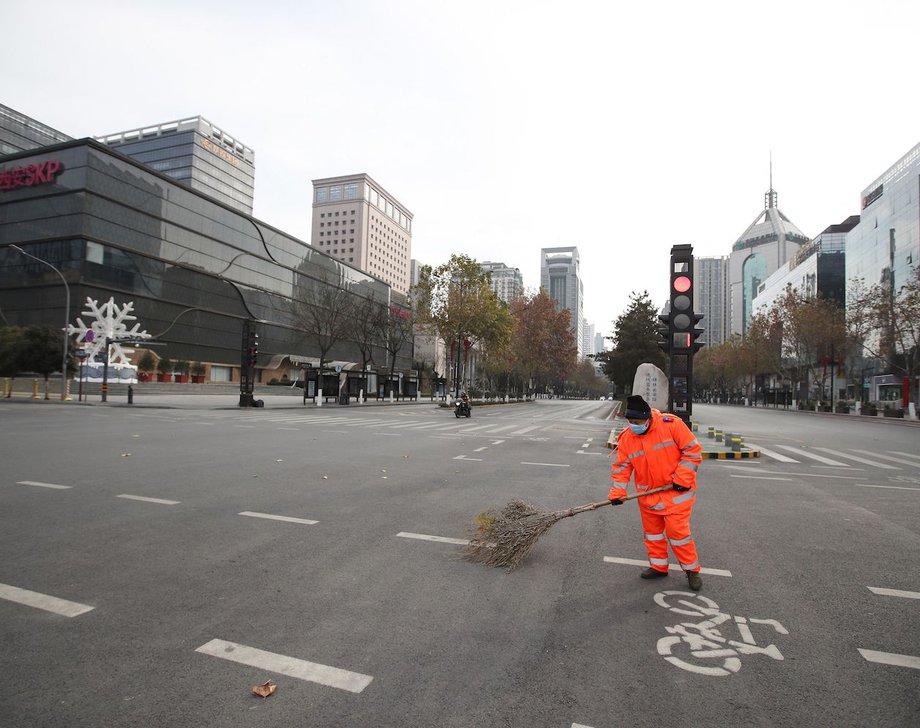The Decision of the Chinese government to put entire cities in lockdown after the discovery of a few dozen positive cases of coronavirus (the so-called “zero-Covid strategy”) is worsening the crisis of the “supply chain”. The lockdowns, which are affecting cities of millions of people, have already caused the closure or slowdown of the production of international companies that have factories in China, and have aggravated the delays of maritime shipments, on which much of global trade is based.
So far, the supply chain crisis, due in large part to the lack of goods produced in China, such as microchips in the electronics sector, has caused a general increase in prices, bringing inflation in the world’s major economies to the highest in several decades.
In recent days, for example,the Japanese company Toyota and the German Volkswagen have had to stop production at their plants in Tianjin, a large city about 100 kilometers from Beijing, from whose port about 1.7 percent of Chinese exports pass. The decision of the two car companies was taken after a mass test was imposed on the city on Sunday for the approximately 15 million inhabitants.
Unlike other major cities, Tianjin was not put into total lockdown, but the mass test was decided due to an outbreak in a school where two infections due to the omicron variant were detected. Also due to a small outbreak, Volkswagen also stopped production at another plant, in Ningbo, Zhejiang province.
South Korea’s Samsung and U.S. Micron, two of the world’s leading microchip companies, are having several problems in their Xi’an factories. The lockdown imposed in the city has in fact prevented people from going to work in many cases: the two companies have therefore had slowdowns in production, although for now they have not interrupted it.
In Ningbo for a few days they closed the plants of the Shenzhou International Group,which supplies material for large clothing companies such as Nike, Adidas and Uniqlo. Other disruptions could be in the coming days at the plants of Foxconn, the large Chinese company that produces smartphones and other devices on behalf of companies such as Apple, Samsung and Microsoft.
One of the most important factories is in Zhengzhou,the capital of Henan, where 103 infections have been detected. Here, too, as in Tianjin, a general lockdown has not been imposed, but only some restrictions and a mass test on the 10 million inhabitants.
Already now, due to restrictions, some important ports such as Ningbo are experiencing delays in shipments, and things could worsen around February 1, the day of the Chinese New Year, when usually many factories close for about a week. In addition to slowing down production, the closure of factories could cause further clogging of ports that have to ship containers with Chinese products to the rest of the world.
According to Frederic Neumann, who deals with economic analysis in the Asian market for the bank holding company HSBC, compared to the past months, the omicron variant could aggravate the crisis of the “supply chain”, given that in these two years of pandemic the centrality of China in world trade has become even more significant. The pandemic has made it clear how much the consumption of Western countries depends on Chinese production.
According to Neumann, the restrictions for the omicron variant in the near future could create a huge disruption to the supply chain, which he called “the mother of all supply chain blocks.”


